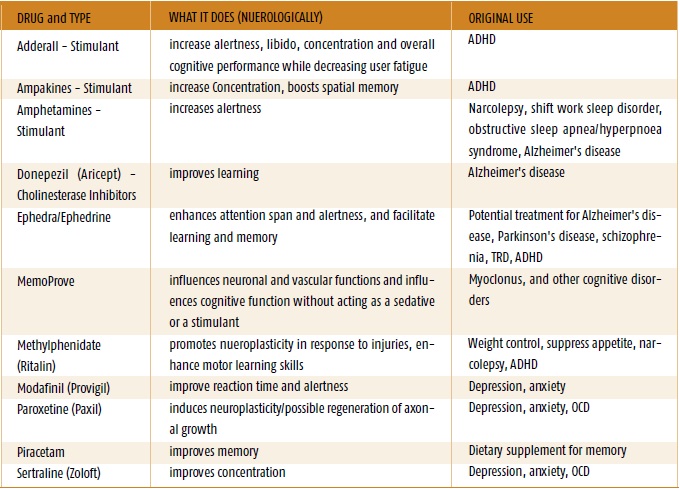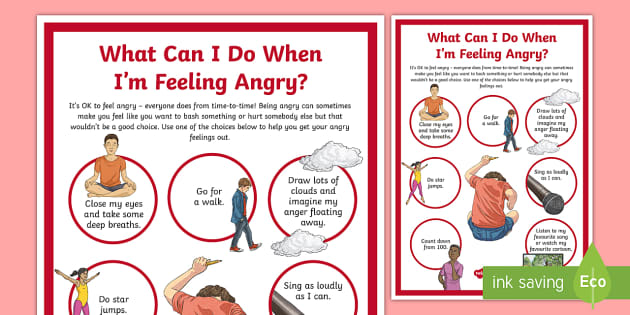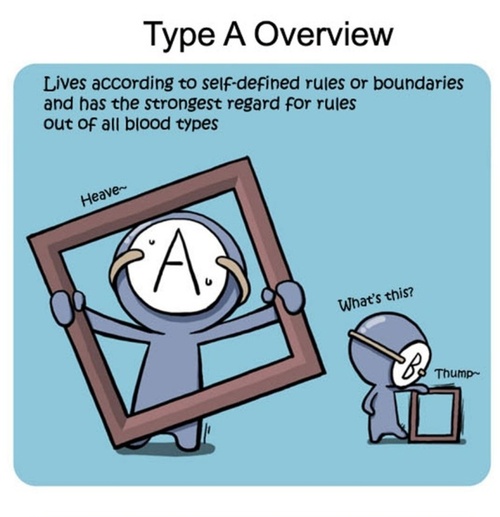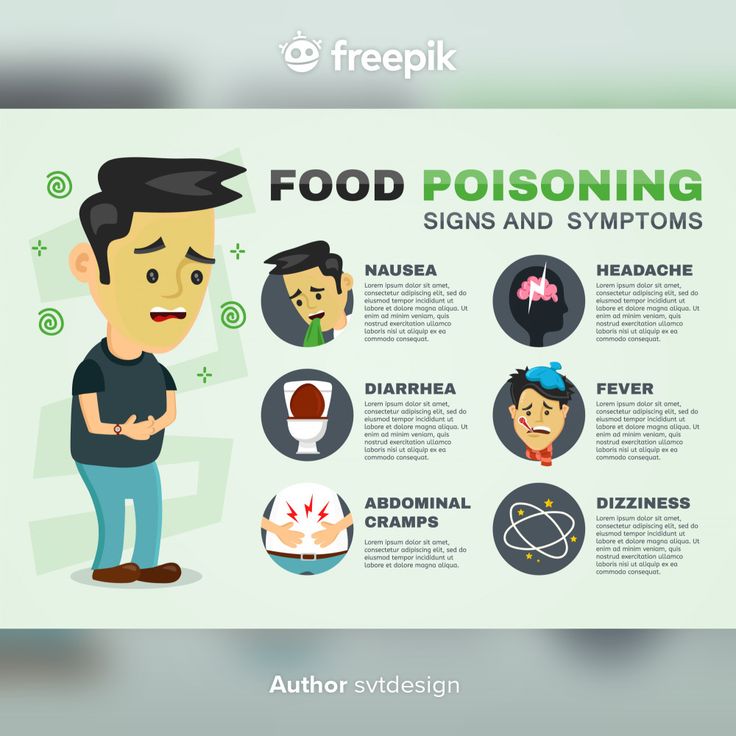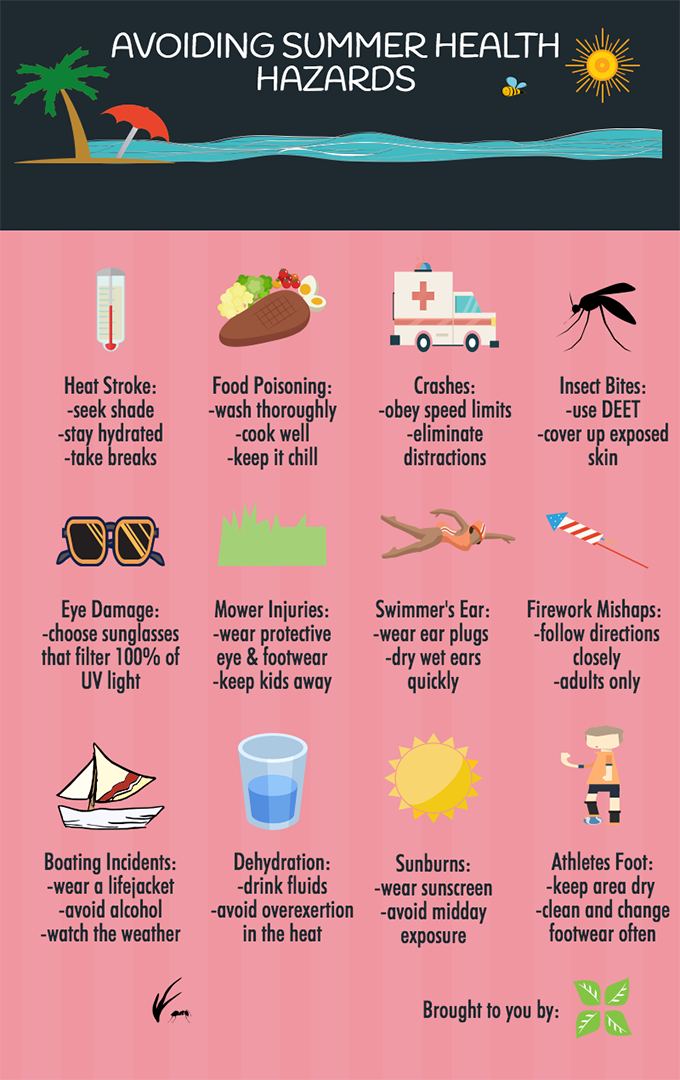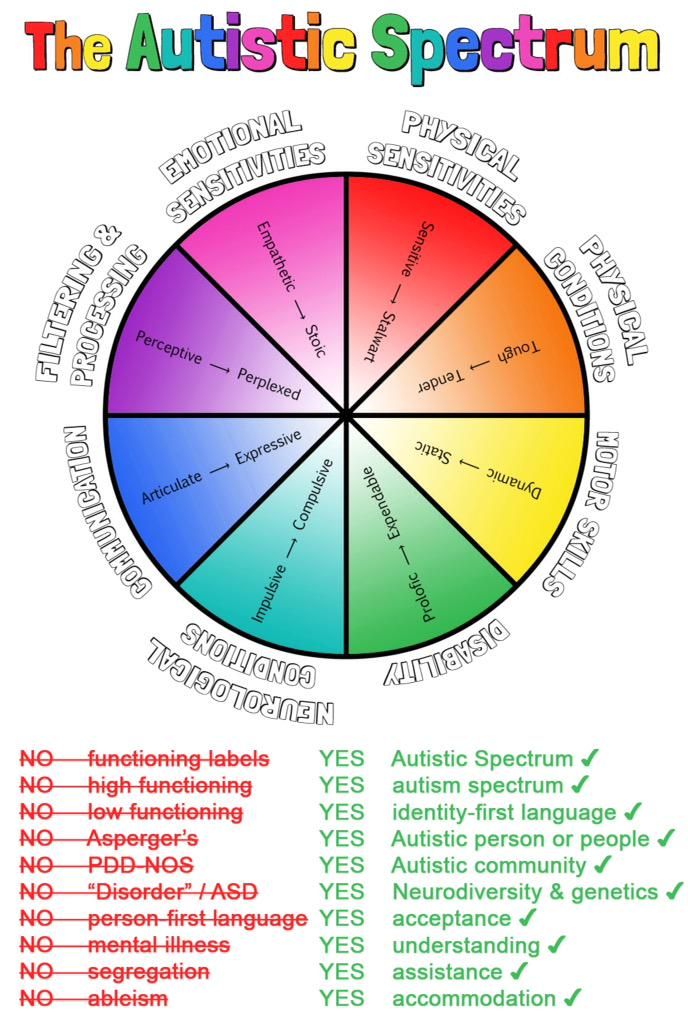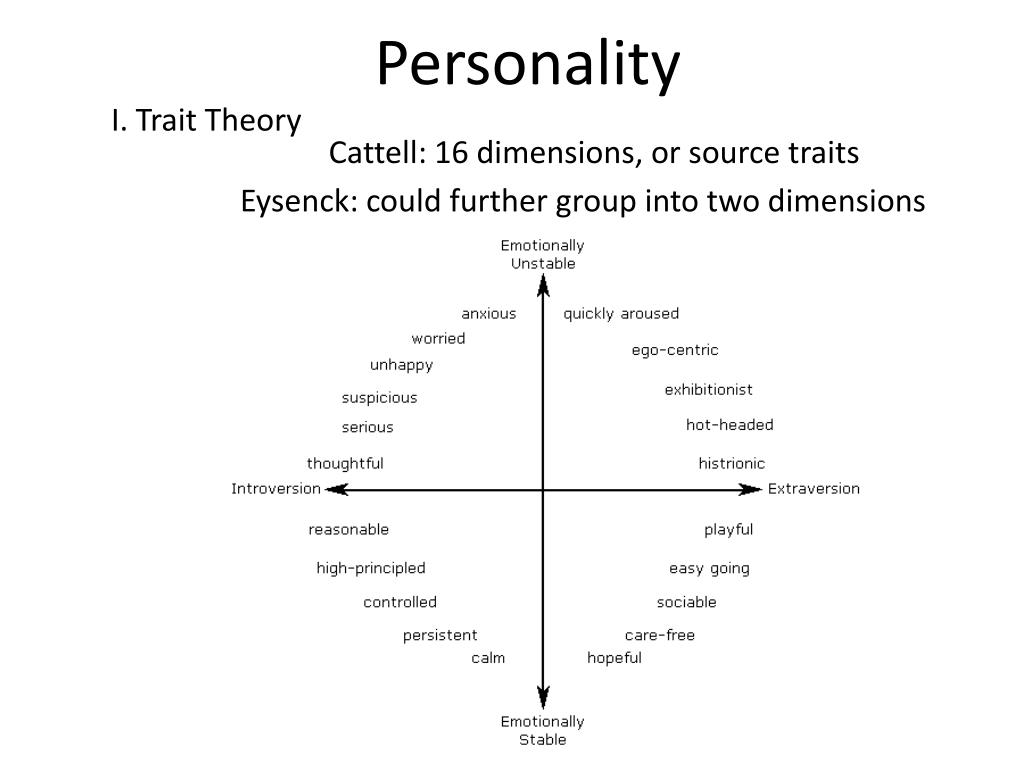Is adderall used to treat anxiety
Can Adderall Help or Cause Anxiety Symptoms?
Using Adderall for anxiety is uncommon. While it may be prescribed for mental health disorders that co-occur with anxiety, it can make anxiety symptoms worse.
Anxiety is one of the most common mental health disorders in the world, and Adderall is one of the most popular prescription drugs available. Due to the anxiety’s prevalence and how well-known Adderall’s attention-boosting effects are, it is understandable that some people might attempt to use the drug to treat this mental health disorder. However, it cannot treat anxiety and can actually make symptoms worse.
Article at a Glance:
- While Adderall can alleviate symptoms of certain types of anxiety, the medication could cause anxiety to increase due to its effects on the brain.
- Relying on the drug can result in worsening anxiety once the Adderall wears off.
- Adderall can become addictive if taken consistently or in large doses.
Does Adderall Help with Anxiety?
It is important to note that prescribing Adderall for anxiety is uncommon. Can it help with anxiety, though? No, and it often makes symptoms of anxiety worse.
Adderall is not an anti-anxiety medication but rather a stimulant that boosts a person’s attention span, motivation and energy. The drug, a combination of levoamphetamine and dextroamphetamine, is frequently abused by students for long study sessions to remain attentive and fend off drowsiness.
Anxiety Disorders that Co-Occur with ADHD or Narcolepsy
As noted, Adderall is typically not prescribed for anxiety, however, the drug might be prescribed for people with anxiety when the disorder co-occurs with ADHD or narcolepsy. In some cases, ADHD or narcolepsy can have effects that lead to anxiety. Examples include when someone has poor performance at school or work due to not paying attention, or when regular daytime drowsiness interferes with completing daily tasks.
A 2010 study on the prevalence of mood disorders in people who have narcolepsy revealed a significant crossover. More than half of the patients with narcolepsy had panic attacks or symptoms of an anxiety disorder.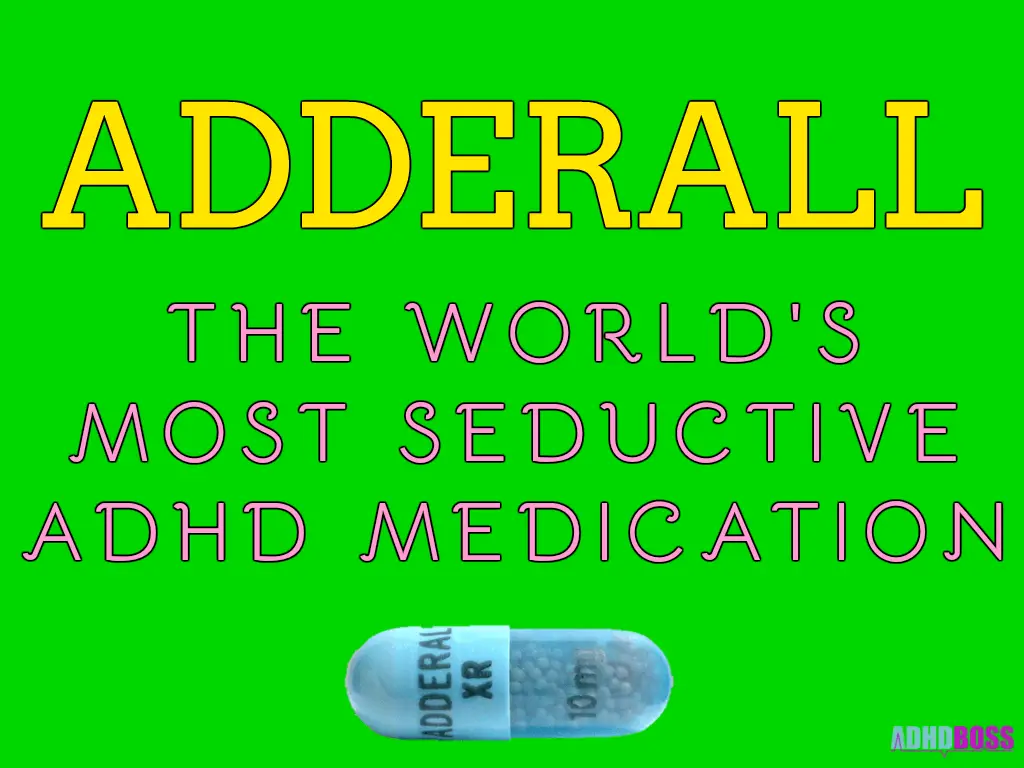 There is also a correlation between ADHD and anxiety: Approximately 50% of adults who struggle with ADHD also have an anxiety disorder.
There is also a correlation between ADHD and anxiety: Approximately 50% of adults who struggle with ADHD also have an anxiety disorder.
Adderall for Other Anxiety Disorders
Depending on the type of anxiety someone has, Adderall could provide short-term relief from the effects of certain mental health disorders. The U.S. Department of Health and Human Services lists the five anxiety disorders as:
- Generalized Anxiety Disorder
- Obsessive-Compulsive Disorder (OCD)
- Panic Disorder
- Post-Traumatic Stress Disorder (PTSD)
- Social Anxiety Disorder (also called Social Phobia)
While it can provide short-term relief for some anxiety disorders, the way it interacts with the brain’s chemistry can also cause increased anxiety.
Related Topic: Treatment for ADHD and PTSD combined
Does Adderall Cause Anxiety?
Adderall increases the number of neurotransmitters in the brain. These chemicals (serotonin, dopamine, and norepinephrine) can boost a person’s mood and cause people to feel high while under the effects of Adderall.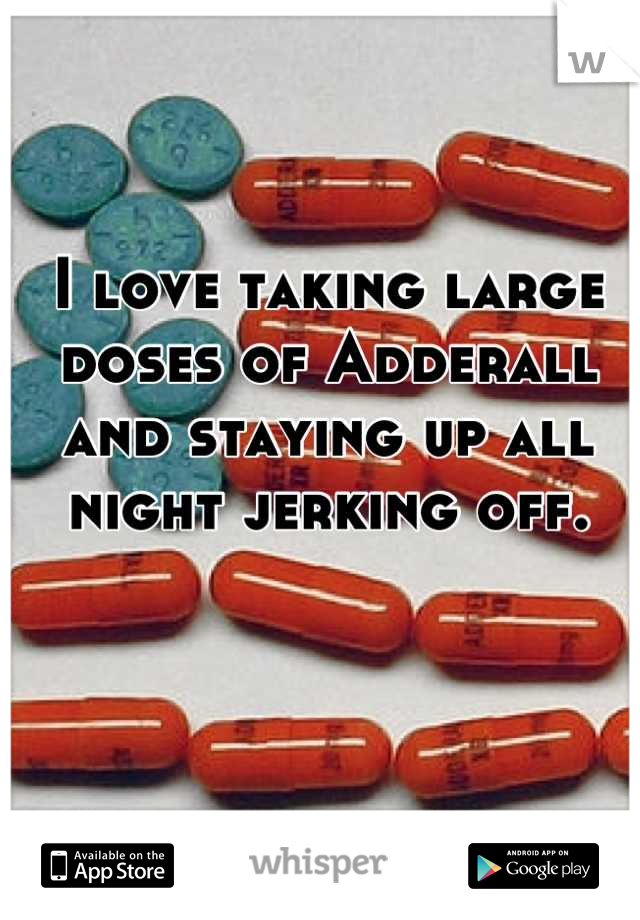 The increased brain activity that occurs when someone uses stimulants (like Adderall) can lead to anxiety.
The increased brain activity that occurs when someone uses stimulants (like Adderall) can lead to anxiety.
For some people, Adderall causes anxiety more indirectly. Since it increases feel-good neurotransmitter levels in the brain, people can experience negative feelings as the drug’s effects wear off. The number of neurotransmitters reduces as the body readjusts its chemical balance. The boost in energy can be replaced with overwhelming drowsiness. A person’s temporarily improved self-confidence can diminish in favor of increased anxiety due to lower-than-usual self-esteem. This process is called withdrawal.
Additionally, if someone takes it consistently, they could develop a chemical dependence on the drug. This reliance can form addiction and cause people to feel anxious when not using the drug.
Managing Anxiety Caused by Adderall
Like any drug, the effects of Adderall are not permanent. People must continue to use the drug if they want to continue experiencing increased energy, attentiveness, and self-confidence.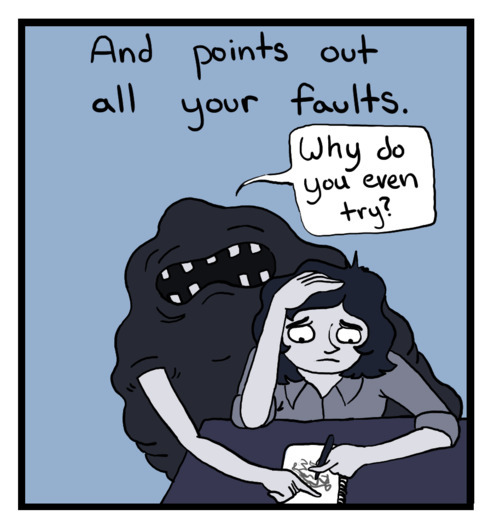
When someone develops anxiety as a side effect due to using Adderall, they should contact their doctor to discuss how to manage their anxiety. Anti-anxiety medications, such as Xanax and Valium, can help but are highly addictive as well. Less addictive medications like sertraline and fluoxetine are more likely to be prescribed instead. These are long-term medications with no addictive potential and strong evidence for their positive effects on anxiety. There are also natural supplements for anxiety that can help.
If use leads to anxiety, stopping the use of the drug could end the anxious feelings. However, if a dependence formed, the person could experience withdrawal symptoms, including even more anxiety due to the low amount of feel-good chemicals in the brain.
Getting Help for Co-Occurring Addiction & Anxiety
A person with a dual diagnosis of addiction and mental illness could develop either condition first. There is not a standard order in which the disorders are generally diagnosed.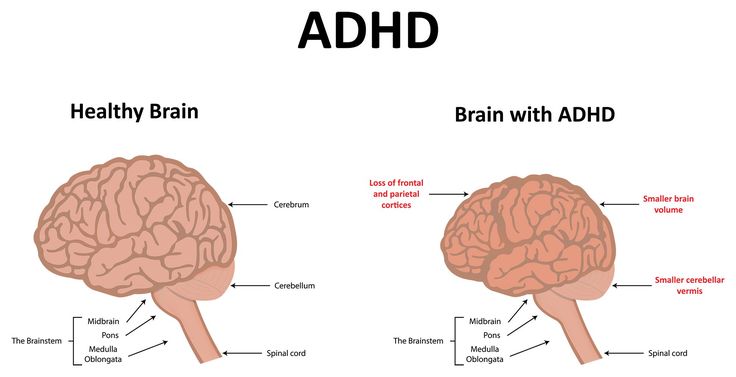 While it is unclear which usually develops first, mental illness and addiction often influence one another.
While it is unclear which usually develops first, mental illness and addiction often influence one another.
When considering treatment options, it is important to address both disorders. Dual diagnosis treatment will provide the patient with a means to control their substance use disorder while also providing the resources necessary to relieve the symptoms of their mental health disorder.
If you or a loved one are struggling with a mental health disorder and a substance use disorder, The Recovery Village can help. The Recovery Village has dual diagnosis treatment programs that can address both diagnoses. To learn more about our comprehensive treatment plans, contact The Recovery Village to speak with a representative.
Seek help immediately if you’re considering acting on suicidal thoughts. The National Suicide Prevention Lifeline has trained staff available to speak 24/7 at 1-800-273-8255.
Editor – Melissa Carmona
As the content manager at Advanced Recovery Systems, Melissa Carmona puts years of writing and editing experience to work helping people understand substance abuse, addiction and mental health disorders. Read more
Read more
Medically Reviewed By – Dr. Conor Sheehy, PharmD, BCPS, CACP
Dr. Sheehy completed his BS in Molecular Biology at the University of Idaho and went on to complete his Doctor of Pharmacy (PharmD) at the University of Washington in Seattle. Read more
Read Previous
Adderall and Adjustment Disorder
Droogleever Fortuyn, HA; et al. “Anxiety and Mood Disorders in Narcolepsy[…] Case-Control Study.” General Hospital Psychiatry, Jan-Feb 2010. Accessed June 8, 2020.
Anxiety and Depression Association of America. “Adult ADHD (Attention Deficit Hyperactive Disorder).” Accessed June 8, 2020.
Medical Disclaimer
The Recovery Village aims to improve the quality of life for people struggling with substance use or mental health disorder with fact-based content about the nature of behavioral health conditions, treatment options and their related outcomes. We publish material that is researched, cited, edited and reviewed by licensed medical professionals. The information we provide is not intended to be a substitute for professional medical advice, diagnosis or treatment. It should not be used in place of the advice of your physician or other qualified healthcare providers.
The information we provide is not intended to be a substitute for professional medical advice, diagnosis or treatment. It should not be used in place of the advice of your physician or other qualified healthcare providers.
Can It Help? I Psych Central
Adderall can help manage symptoms of ADHD but can make symptoms of anxiety worse in some cases.
Attention deficit hyperactivity disorder (ADHD) is a common neurodevelopment condition that affects how you think and behave.
It’s not uncommon to experience symptoms of anxiety when you have ADHD. In fact, nearly half of adults who live with ADHD also have some type of anxiety disorder.
Managing ADHD and anxiety are difficult. When both conditions occur together, it can be even more of a challenge.
Adderall is a stimulant often prescribed to treat narcolepsy and ADHD. It can help improve attention, focus, and concentration.
If you live with ADHD and anxiety, you may be wondering whether Adderall can also help improve your anxiety symptoms.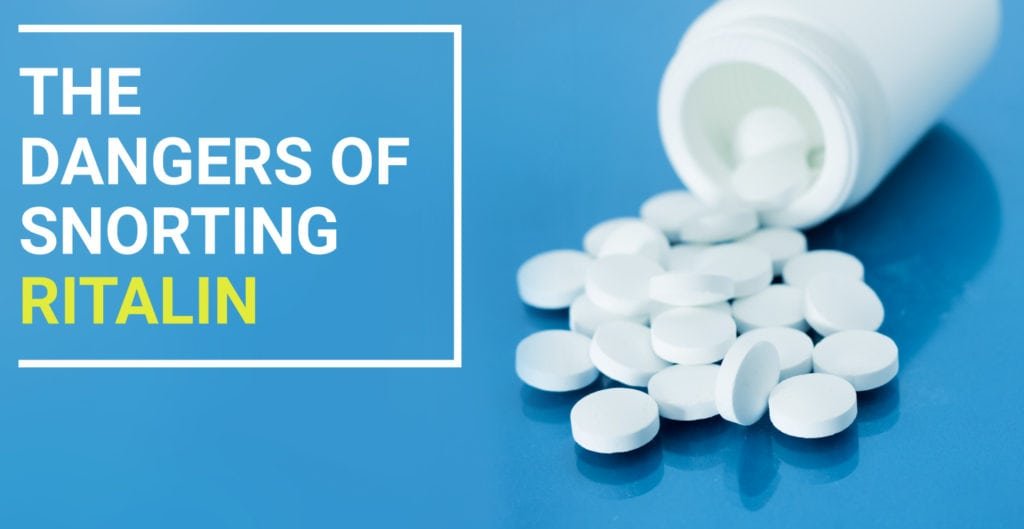
The answer to that is a complex one, as the effects of ADHD can differ from person to person. In some people, Adderall may make symptoms of anxiety worse.
Adderall is FDA approved to treat narcolepsy and ADHD. It isn’t typically used to treat anxiety, and when used alone, it may worsen your symptoms.
A 2018 review found that while amphetamines are helpful for reducing the severity of ADHD symptoms in adults in the short term, it does not improve anxiety symptoms.
Another study from 2018 found that while amphetamines may worsen anxiety symptoms, methylphenidate use in the short term may help lessen anxiety in adults. But this study also found that long-term use in childhood may increase a person’s chance of experiencing anxiety in adulthood.
A 2016 study found that excessive use of Adderall may increase symptoms of ADHD and anxiety in college students.
Adderall may help in the short term but the benefits may not last. There’s also a chance of dependence when taking stimulants such as Adderall.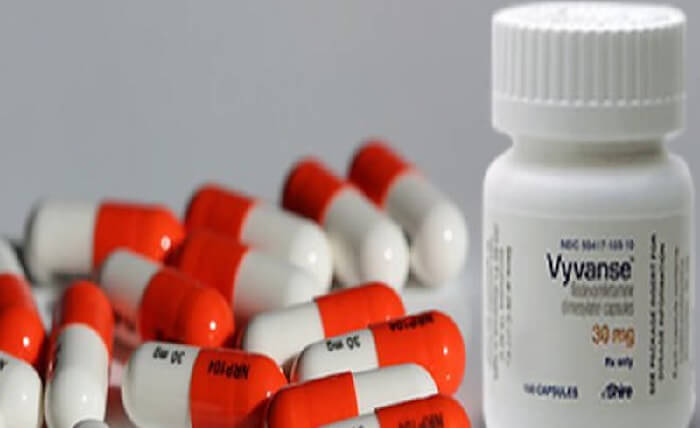
This medication can also produce side effects similar to those of anxiety such as nervousness, irritability, and restlessness.
Adderall is a prescription medication used to treat ADHD or narcolepsy. It can help improve your mood, attention, and focus.
Adderall contains amphetamine and dextroamphetamine and works by increasing the level of dopamine and norepinephrine. This activates the sympathetic nervous system and the fight, flight, or freeze response.
It affects the natural substances in your brain that contribute to hyperactivity and impulse control — common symptoms of ADHD.
Anxiety disorder is a mental health condition that often involves excessive fear and worry. We all experience anxious feelings from time to time.
But when that anxiety occurs all the time and begins to interfere with your daily functioning, it may be an anxiety disorder.
The common symptoms of anxiety include:
- restlessness
- nervousness
- pain
- rapid heart rate
- trembling
- feelings of danger
- weakness
- difficulty focusing
- avoidance
- repetitive behavior
- lethargy
- insomnia
If you’re unsure whether what you’re experiencing is anxiety, consider taking our anxiety test.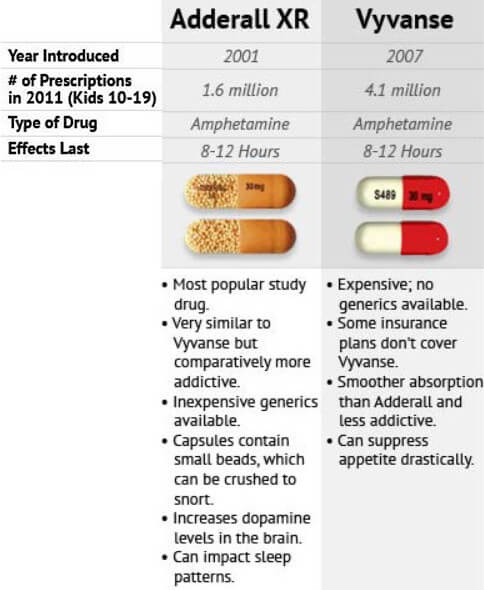 While this test can’t be used as a diagnostic tool, it can help keep track of your moods.
While this test can’t be used as a diagnostic tool, it can help keep track of your moods.
Adderall is a prescription medication, which means a prescription is required from a healthcare or mental health professional.
Taking medication for anxiety when it’s not prescribed isn’t advised. If you’re curious about whether Adderall can help with your anxiety symptoms, consider speaking with a healthcare or mental health professional.
Serious side effects may occur if you take Adderall with an anti-anxiety medication.
Yes. Like most medications, Adderall does come with side effects. Some common side effects are:
- nervousness
- restlessness
- headaches
- problems sleeping
- dizziness
- dry mouth
- slowed speech
- decreased appetite, sometimes disrupting growth and development in children
- nausea
- constipation or diarrhea
- irritability or agitation
- elevated blood pressure
- stomach or bladder pain
There are also some rare but intense side effects to watch for, including:
- uncontrollable shaking
- seizures
- hallucinations
- paranoia
- worsening mental health conditions
You may have a higher chance of experiencing side effects if you have:
- high blood pressure
- heart disease
- substance use disorder or alcohol use disorder
- another mental health condition
If you’re pregnant or considering becoming pregnant, you may want to consult with your doctor before taking Adderall. Suddenly stopping Adderall may result in withdrawal symptoms. Slowly tapering off the medication may help you avoid any unwanted side effects.
Suddenly stopping Adderall may result in withdrawal symptoms. Slowly tapering off the medication may help you avoid any unwanted side effects.
When ADHD and anxiety coexist, learning how to manage them is crucial.
According to research from 2017, healthcare or mental health professional will likely begin by seeing which condition affects your quality of life more and then work from there.
Anxiety is often treated with anti-anxiety medications. Stimulants are often used to treat ADHD, but other options are available.
Common treatment options aren’t the best choice when the two disorders coexist. Instead, your doctor might suggest therapy for anxiety and try a few different options for ADHD.
They’ll likely monitor your progress and symptoms to determine what’s working and if any changes are necessary.
Your lifestyle and specific symptoms will be considered to determine a unique treatment plan that best fits you.
Psychotherapy such as cognitive behavioral therapy (CBT) might also be recommended. Therapy can help address the underlying factors of both conditions to determine where they overlap as well as provides coping tools to help you manage your symptoms.
Therapy can help address the underlying factors of both conditions to determine where they overlap as well as provides coping tools to help you manage your symptoms.
Adderall may be prescribed to help treat ADHD. It isn’t often used for anxiety and could even worsen symptoms in some people.
While the evidence is mixed, it largely suggests that Adderall may make symptoms of anxiety worse, particularly if used in the long term.
If you have ADHD and anxiety, consider speaking with a healthcare or mental health professional to determine what medication may be helpful. They can develop a treatment plan that works for you and your unique set of symptoms.
Adderall | Drugs
Adderall is a psychostimulant drug in the phenethylamine class used in some countries in the treatment of attention deficit hyperactivity disorder and narcolepsy. Also used illegally as a cognitive enhancer and aphrodisiac and for its euphoric effects. The drug is a mixture of two amphetamine salts, stereoisomers and inactive components. Salts - active ingredients, distributed as follows: 75% Dextroamphetamine (right-handed isomer) and 25% Levamphetamine (left-handed isomer). nine0003
Salts - active ingredients, distributed as follows: 75% Dextroamphetamine (right-handed isomer) and 25% Levamphetamine (left-handed isomer). nine0003
Adderall works by increasing the activity of the neurotransmitters norepinephrine and dopamine in the brain. Adderall duplicates many of the chemical and pharmacological reactions of endogenous neurotransmitters, especially phenethylamine and methylfetylamine, the latter isomer of amphetamine that is produced in the human body.
Adderall is generally well tolerated and effective in treating symptoms of ADHD. The most common side effects are cardiovascular, such as increased heart rate, and psychological, such as euphoria or anxiety. Large doses of the drug are likely to impair cognitive function and cause rapid muscle breakdown. Addiction is a serious risk of Adderall abuse, but only rarely occurs with therapeutic use. Very high doses can lead to a psychotic state (eg, delirium and paranoia), which is rare at therapeutic dosage even with prolonged use.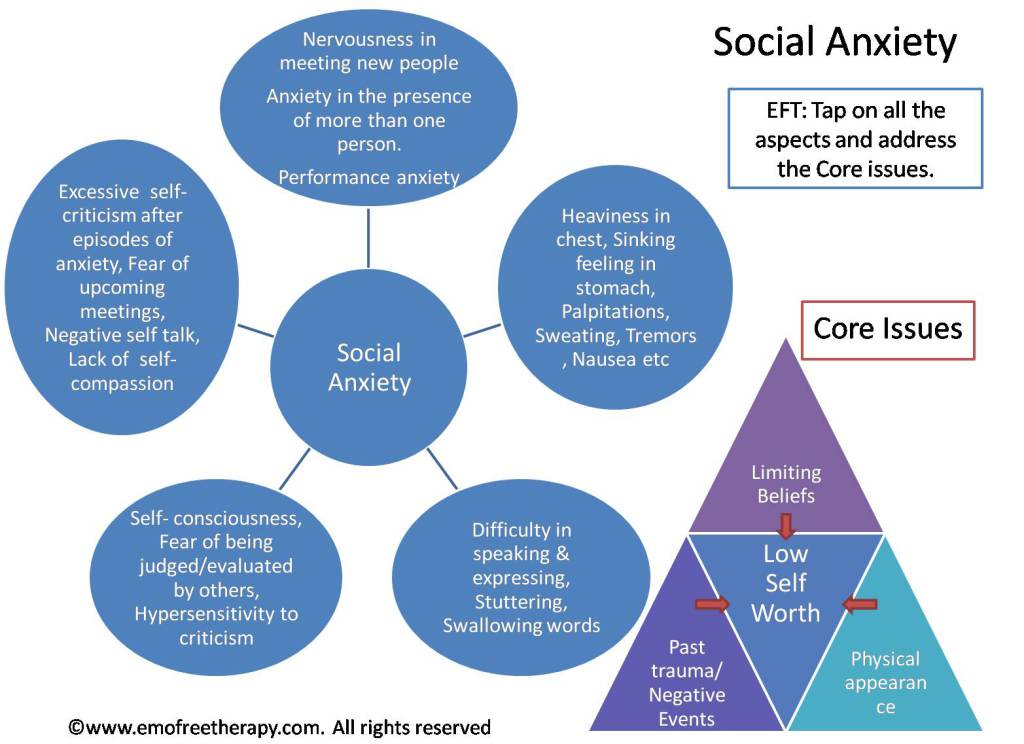 nine0003
nine0003
Studies using magnetic resonance imaging (MRI) show that long-term treatment with the drug leads to a decrease in abnormalities in the structure of the brain and functions in patients with ADHD, improves the functioning of certain areas of the brain, such as the caudate nucleus in the basal ganglia.
Current models of ADHD suggest that it is associated with functional impairments of several mediator systems, including a decrease in dopamine neurotransmission in the mesocorticolimbic region and norepinephrine in synapses in the locus coeruleus and prefrontal cortex. nine0003
Adderall is available as immediate release tablets or extended release capsules.
Therapeutic doses of the drug increase productivity in solving both complex and repetitive tasks. Increased dosages disrupt short-term memory and cognitive processes.
Increases endurance and reaction time primarily by inhibiting dopamine reuptake.
In order to abuse the drug, the tablets are crushed and sniffed, less often dissolved in water and injected.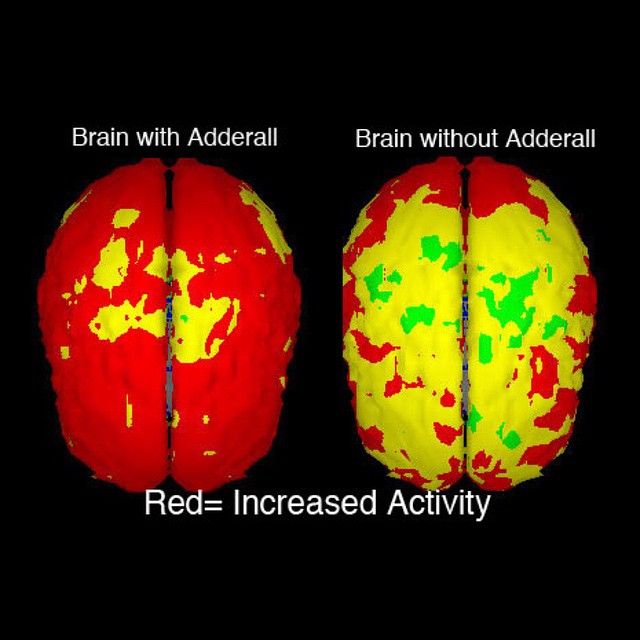 The last route of administration is extremely dangerous, since the ballast substances contained in the tablets can cause obliteration of peripheral blood vessels. nine0003
The last route of administration is extremely dangerous, since the ballast substances contained in the tablets can cause obliteration of peripheral blood vessels. nine0003
Contraindications
Drug abuse, heart disease, neurotic diseases, atherosclerosis, glaucoma (increased intraocular pressure), hyperthyroidism (excessive production of thyroid hormone), hypertension. With caution under constant monitoring are prescribed if the patient has bipolar disorder, depression, hypertension, liver and kidney disease, psychosis, Raynaud's syndrome, convulsions.
Side effects
Physical: hypertension or hypotension, Raynaud's syndrome (decreased blood flow to the extremities), tachycardia, erectile dysfunction, abdominal pain, loss of appetite, nausea, dry mouth, teeth grinding, difficulty urinating, decreased or acceleration of peristalsis of the digestive tract. nine0003
Psychological: Mood swings, insomnia, restlessness, irritability, obsessions. Psychoses when using the drug for its intended purpose occur very rarely.
Psychoses when using the drug for its intended purpose occur very rarely.
Pathological overactivation of the mesolimbic pathway, which connects the regions of the ventral tegmentum, plays a central role in the formation of drug addiction.
Addiction is a serious risk of non-medical use of Adderall but is unlikely to result from medical use to the extent prescribed. Tolerance is formed quickly with the abuse of Adderall. nine0003
Individuals receiving long-term treatment with Adderall and other similar drugs report a limited withdrawal syndrome that resolves within 24 hours of their last dose upon abrupt discontinuation.
Withdrawal symptoms include restlessness, depressed mood, fatigue, increased appetite, lack of motivation, insomnia or drowsiness.
Our brain and the whole truth about the "mind pill"
- Marek Kon
- BBC Future
Sign up for our 'Context' newsletter to help you keep track of events.
Image copyright Thinkstock
Are we right in assessing the effect of drugs aimed at improving brain activity? Correspondent BBC Future found out what they can and can't do.
"Heard that we use only 20% of our brain? - asks a friend of Eddie Morra, the loser writer from the American thriller "Area of Darkness" (2011), offering him a fatal pill. - With this, you will use all your brain". After taking a certain NZT-48 drug, Morra simply transforms. Having learned to use all his cognitive abilities, he masters the piano in three days, finishes a book in four, and soon becomes a millionaire. nine0003
"Regions of Darkness" shows what consequences can await a person who convinces himself that he has the most complex mechanism in the entire universe in his head and that this mechanism must certainly have a corresponding colossal potential.
A variety of mental performance enhancers have gained prominence in the US lately, from stimulants such as modafinil to amphetamines (often prescribed under the trade name "Adderall" in the US) and methylphenidate (also known as " Ritalin"). As often reported in the news, students start taking these drugs to improve their performance in school and college, and then continue to use them at work as they grow up. nine0003
As often reported in the news, students start taking these drugs to improve their performance in school and college, and then continue to use them at work as they grow up. nine0003
But do medicines really produce the effect advertised? Can they make us all smarter or help us learn better? Or should we be wondering what these drugs can and can't do?
Thought process
Cognition includes a number of mental phenomena, such as memory, attention and executive functions of the brain. In order to truly improve mental performance, the drug must affect the executive functions that are responsible for higher-order mental actions: reasoning, planning, directing attention to important information (and distracting from stimuli that are not important), and thinking about actions. instead of following a momentary impulse or instinct. nine0003
Image copyright Thinkstock
Image captionCan a pill help you count to ten and stop yourself from saying something you might later regret?
When we force ourselves to count to ten, instead of blurting out words that we can later repent of, we engage our executive functions.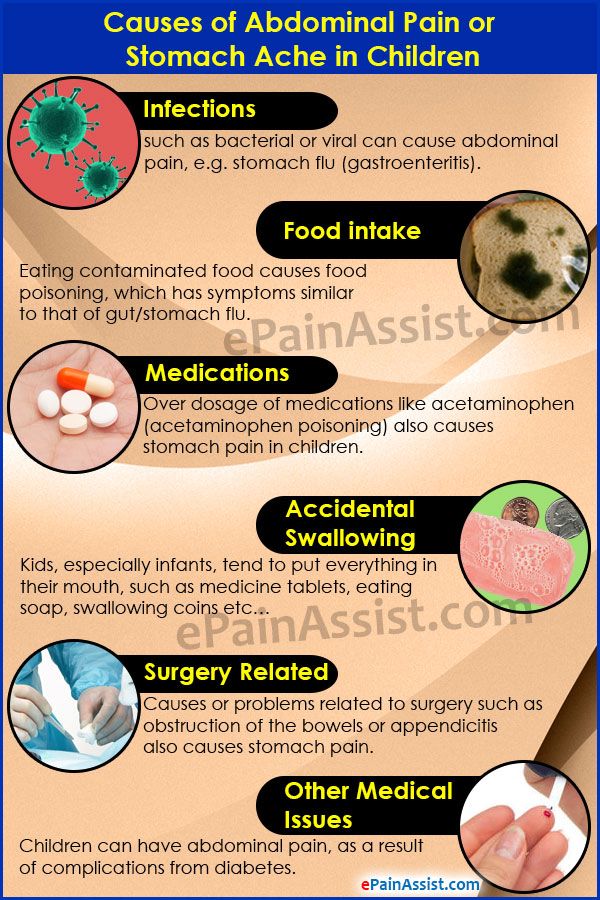 They are what enable us to act morally, and they are what we think of when we think about what makes us human.
They are what enable us to act morally, and they are what we think of when we think about what makes us human.
Skip the Podcast and continue reading. nine0003
Podcast
What was that?
We quickly, simply and clearly explain what happened, why it's important and what's next.
episodes
End of Story Podcast
However, all of these concepts are rather abstract. Between them and our understanding of how the brain functions from a physiological point of view, there is a big gap, a "white spot" - and it is in this blank spot that drugs that improve mental performance should act. nine0003
Amy Arnsten, professor of neuroscience at the Yale University School of Medicine (USA), studies how the collection of brain cells work to provide higher cognitive and executive function, which she defines as "the ability to think about things that do not currently affect the senses.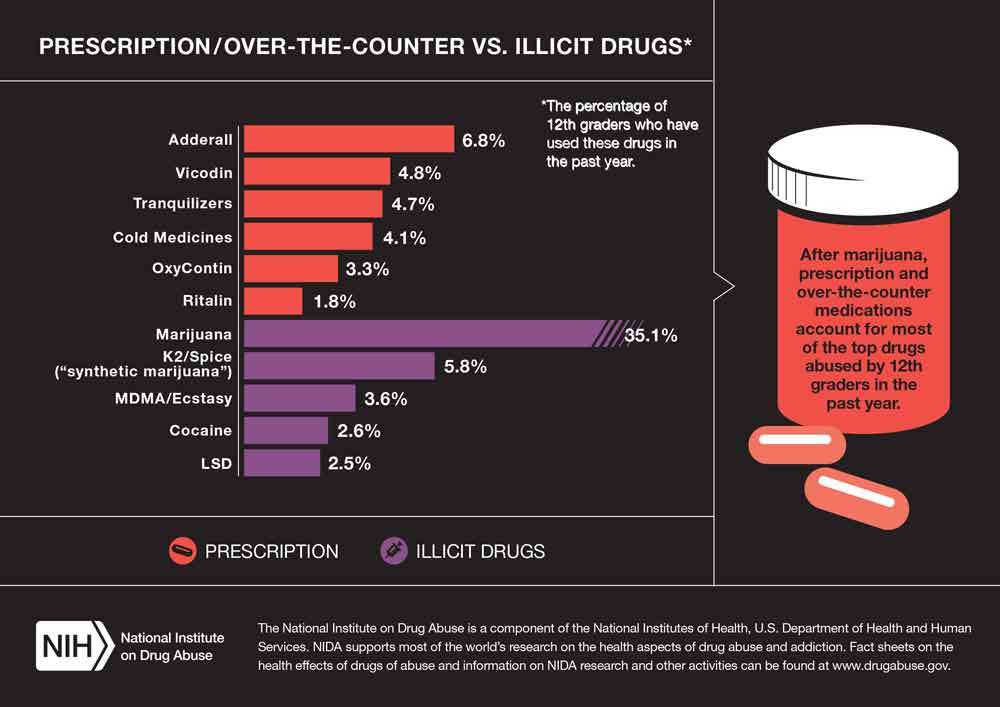 This is the basis of abstract thinking, it involves us presenting our goals for the future, even if this future comes in just a few seconds.
This is the basis of abstract thinking, it involves us presenting our goals for the future, even if this future comes in just a few seconds.
Such representations are formed in the prefrontal cortex of the brain - this process is the basis of Arnsten's work. "Representations arise in the prefrontal cortex due to the action of pyramidal cells - they are actually shaped like pyramids. The cells excite each other and thanks to this they constantly function, even if there is no information from the outside that could stimulate the process," she explains. nine0003
Certain types of chemical influences can completely upset this system, and the cells can no longer excite each other. "It happens when we are tired or very worried." Substances like caffeine and nicotine activate the neurotransmitter acetylcholine, which promotes system repair, which is why people drink tea, coffee, and smoke cigarettes "to try and bring the prefrontal cortex into optimal condition.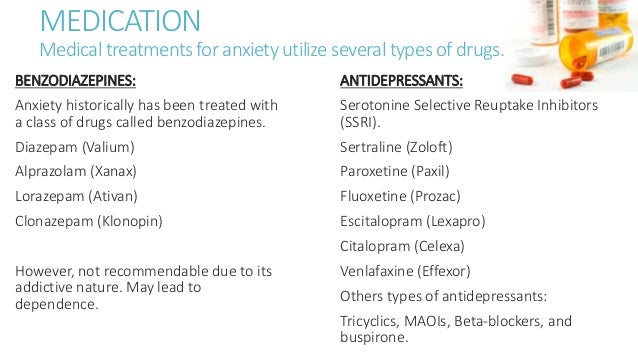 "
"
Real improvement
In a broad sense, this is an improvement, but, strictly speaking, we are talking about optimization. “I think people think that these drugs are the same as steroids for athletes,” Arnsten says, “but this analogy is wrong. Steroids build muscle, and drugs that improve mental performance do not improve the brain, but simply lead it to optimal chemical state. They can't make an Einstein out of a Neanderthal."
Image copyright Thinkstock
Image caption,"Pills for the mind" are not the same as steroids for athletes
The use of such drugs by students is controversial about whether the "drug" method of preparation is a scam and does not force classmates to also take drugs in order not to fall behind.
At the same time, some researchers argue that these substances may not directly affect mental activity, but simply improve the mental state of a person, making work more enjoyable and helping to focus. nine0003
nine0003
"I don't see any evidence that they clearly improve intellectual performance," says Martin Sarter, professor at the University of Michigan (USA). He is convinced that the effectiveness of these drugs is built on the suppression of fatigue and boredom. "Most of these tools just help focus - says Stephen Rose, emeritus professor of sociology at the Open University (UK). - For the learning process itself, they are of secondary importance."
In 2013, an American student, in an interview with researcher Scott Vresco, described his condition after taking a drug that stimulates brain activity: between books and even enjoy the process. This has never happened to me before." nine0003
Hazardous substances?
However, this does not mean at all that all drugs that stimulate mental activity - both existing and future - are harmless. The brain is a complex organ. Trying to improve it, we risk upsetting its balance.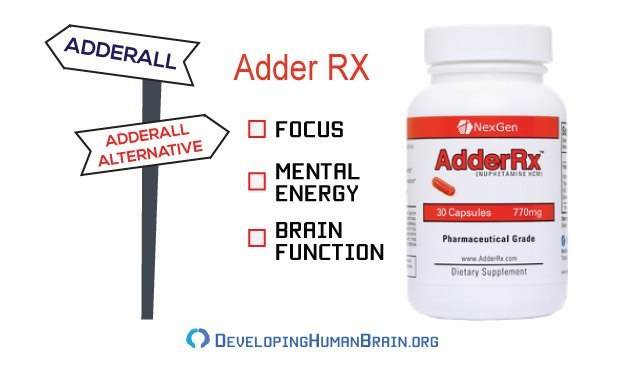
"It's not about getting as much as possible, it's about getting exactly what you need, which is very difficult," says Arnsten. “What is good for one system may be bad for another,” adds Trevor Robbins, Professor of Cognitive Neuroscience at the University of Cambridge (UK). “From the literature that describes the results of the experiments, it follows that pharmaceutical substances can affect memory; task to make it safe." nine0003
Image copyright, Thinkstock
Image caption,Focusing of attention does not pass without a trace for our body
Pills are always in trouble - in the laboratory, in real life, in the "Areas of Darkness". Cons, in fact, are inevitable: the drug can affect a specific cognitive function at the cost of harm to other functions. To improve one of the elements of cognitive activity, it is necessary to provide resources that would otherwise be available for its other elements. nine0003
"Focusing attention does not go unnoticed, - notes Sarter.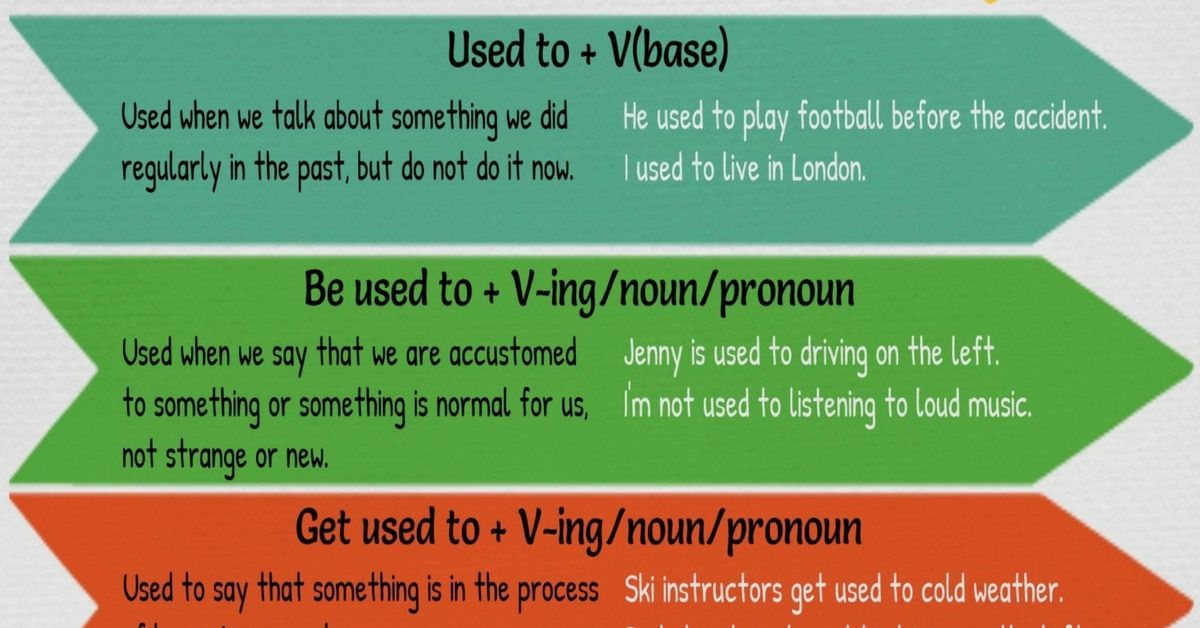 - At the same time, a person not only does not notice minor details that may turn out to be very important, but also starts the corresponding internal process - when the area of attention is narrowed, the spectrum and volume of associations that can participate in mental activity.
- At the same time, a person not only does not notice minor details that may turn out to be very important, but also starts the corresponding internal process - when the area of attention is narrowed, the spectrum and volume of associations that can participate in mental activity.
In many circumstances this may not be justified. But for those who are not required to think about the meaning of life, such as air traffic controllers, the attention focusing technique can be useful. nine0003
However, if developing drugs that improve mental activity is like patching Trishkin's caftan, then drugs cannot be expected to have a full-scale impact on human cognitive abilities. But is it possible, by directing additional resources in one area or another, to surpass our own achievements and even the achievements of any other person?
"I think it can be done and it will be done," says Sarter. However, this is possible only for very specific problems. For example, one of the most famous findings of cognitive psychology is that a person can typically hold seven pieces of information in working memory. Is it possible to bring this number to nine or ten with the help of medicines? "Yes. If you don't need to do anything else, why not? It's a fairly simple function." nine0003
For example, one of the most famous findings of cognitive psychology is that a person can typically hold seven pieces of information in working memory. Is it possible to bring this number to nine or ten with the help of medicines? "Yes. If you don't need to do anything else, why not? It's a fairly simple function." nine0003
Future predictions
So is there a future for brain stimulants? Some scholars are optimistic. Gary Lynch, professor of medicine at the University of California, Irvine (USA), argues that recent advances in neuroscience have paved the way for the "intelligent" development of drugs aimed at specific biological functions of the brain. In his opinion, "the solution to the problem of improving memory is not far off," although the prospects for improving other types of mental activity "are very difficult to predict ... It seems to me that this is inevitable, but when is the question." nine0003
Image copyright, Thinkstock
Image caption,The pharmaceutical industry is losing interest in mind-enhancing drugs, so it's up to you
Speaking of the near future, Lynch points to nicotine-targeting agents as potential new mental stimulants.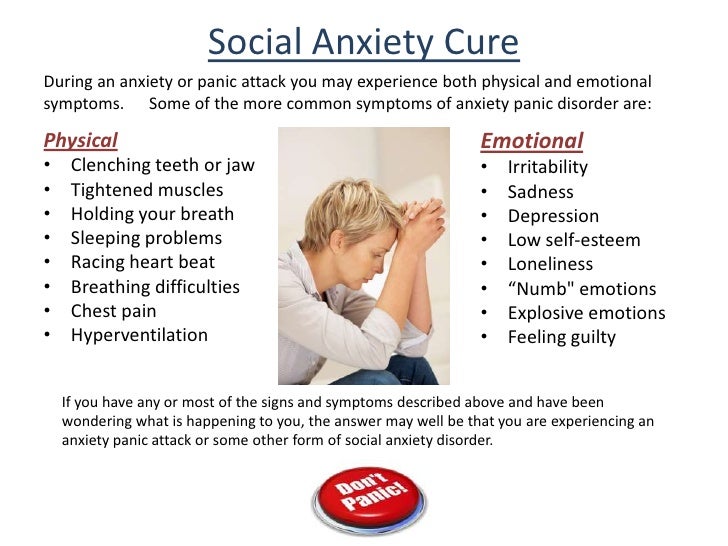 receptors - molecules that act on the receptors of neurotransmitters that are under the influence of nicotine. Sarter agrees: a class of substances called α4β2* nicotinic receptor agonists appear to have an effect on the mechanisms that control attention. Of all currently known substances, they, in his opinion, best of all "meet the criteria for a real effect on the cognitive process." nine0003
receptors - molecules that act on the receptors of neurotransmitters that are under the influence of nicotine. Sarter agrees: a class of substances called α4β2* nicotinic receptor agonists appear to have an effect on the mechanisms that control attention. Of all currently known substances, they, in his opinion, best of all "meet the criteria for a real effect on the cognitive process." nine0003
However, Sarter is skeptical about the prospect of creating a drug product based on such substances. According to him, the pharmaceutical industry is losing interest in drugs that improve mental performance, "because these drugs are not prescribed as often, and this is the market segment that drives research and development. Even the market for drugs for the treatment of attention deficit hyperactivity disorder in adults, pharmaceutical companies do not considered large enough and attractive." nine0003
In a note published in 2002, Rose writes that piracetam was once widely advertised as a drug to improve mental performance.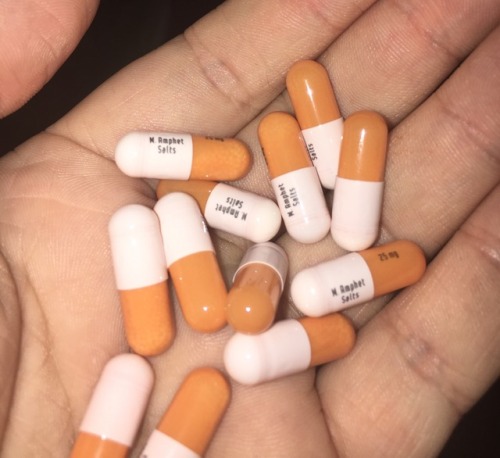 Piracetam still has its adherents, but today the name is more of a reminder that potentially effective drugs disappear as quickly as they appear.
Piracetam still has its adherents, but today the name is more of a reminder that potentially effective drugs disappear as quickly as they appear.
"There were a lot of clinical trials with a lot of substances that didn't work," says Sarter. Desperate to get results, pharmaceutical companies began to wind down their research programs in the field of psychiatry. Traditional methods - for example, synthesizing new molecules and studying their effects on symptoms - seem to have run their course, and a new strategy based on genetics and the study of brain processes, rather than chemicals, is on the horizon. nine0003
Due to a radical change in strategy, it will take even longer to wait for new miracle drugs - until all new systems are debugged. At the same time, no one gives a guarantee of the result.
Open questions
At the same time, a number of questions remain about the drugs that people are already taking in the hope of improving their cognitive abilities.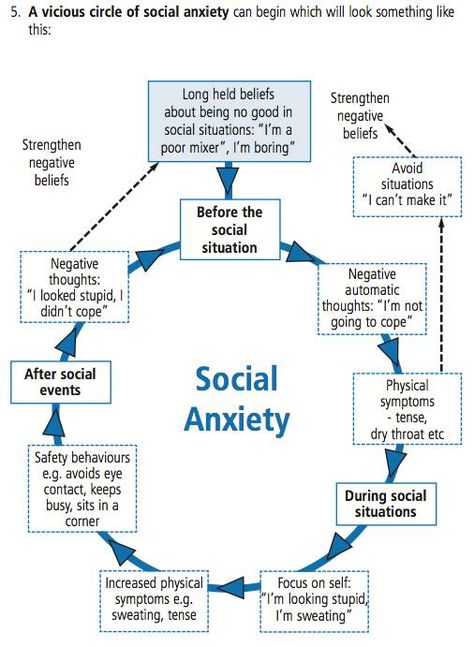 Are they effective, how do they work, what effect do they have on the brain once they are no longer novel, and how can they affect a person's health and well-being in the long run? nine0003
Are they effective, how do they work, what effect do they have on the brain once they are no longer novel, and how can they affect a person's health and well-being in the long run? nine0003
Image copyright, Thinkstock
Image caption,Making rats - or students - find their way out of a maze in the lab is one thing, using the drug in real life is another. there are still no cognitive consequences of taking classical psychostimulants and modafinil. Part of the problem is that getting rats - or students - to find their way out of a maze in a lab setting is one thing, but administering a drug in real life is quite another. Drugs have complex effects on individuals whose lives are unpredictable. The fact that methylphenidate improves cognition in rats by acting on the prefrontal cortex of the brain says nothing about how this substance can affect mood and motivation, and therefore, human mental performance. nine0003
Perhaps it makes sense not to talk about a certain drug improving cognition, but about who it affects.